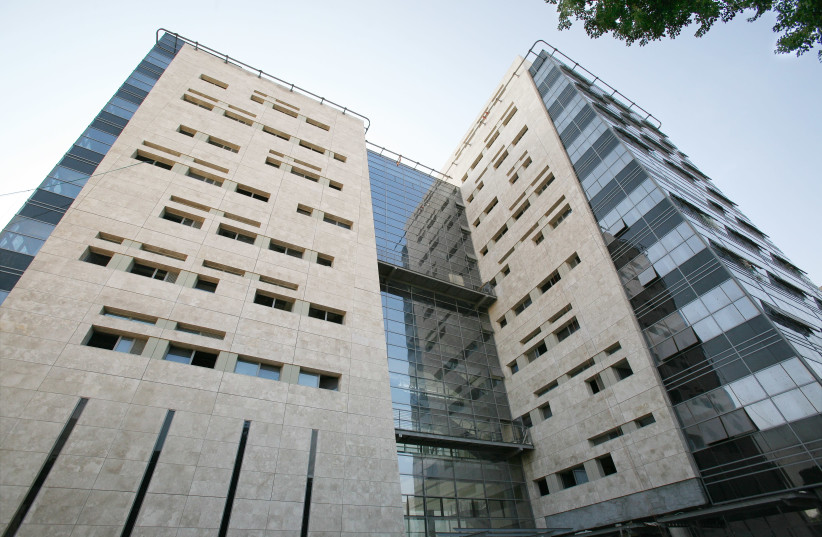Non-Hebrew-speaking Israelis and foreigners are having a hard time understanding essential information being sent out by government and non-profit organizations. Now, Bar-Ilan University (BIU) in Ramat Gan has established an Emergency Interpreting Call Center that is being used by institutions, organizations and emergency centers for real-time interpreting of essential information for non-Hebrew speakers.
Dr. Michal Schuster and Dr. Tanya Voinova, from BIU’s translation and interpreting studies department in the Faculty of Humanities have recruited dozens of volunteer interpreters to work with emergency responders and aid organizations. The effort, launched on an unprecedented scale, is helping them respond immediately to callers with various medical, emotional and logistical needs. Families whose loved ones were murdered and abducted are among those receiving assistance.
The Emergency Interpreting Call Center at Bar-Ilan University is providing language interpreting in 10 languages: English, Arabic, Russian, Ukrainian, Amharic, French, Spanish, Portuguese, Yiddish, and Tigrinya (an Ethio-Semitic language commonly spoken in Eritrea and in northern Ethiopia's Tigray Region that is very different from the Ge’ez spoken by Ethiopian Jews).
The call center can be reached by dialing *9392, extension 4. The center operates Sundays through Thursdays, from 9:00 am to 5:00 pm.
Calls will be redirected to an interpreter in the requested language

Calls from institutions and organizations are redirected to an interpreter in the requested language. Three people stay on the line throughout the conversation – the assistance provider, the service recipient and the interpreter. Most of the interpreters participating in the initiative are lecturers and graduates of the BIU department. All interpreters at the call center, including partners from the Tene Briut Ethiopian-Israeli health organization, are highly trained and experienced, and all adhere to professional ethics, including accuracy, confidentiality and objectivity.
About half-a-million people living in Israel experience significant hardships with regard to the consumption of public services, including essential life-saving services. They include immigrants, Arabs and other minorities, asylum seekers and refugees. The department provides services to governmental agencies caring for affected families, municipalities and municipal welfare departments, health, emergency and rescue services, the National Insurance Institute and more.
